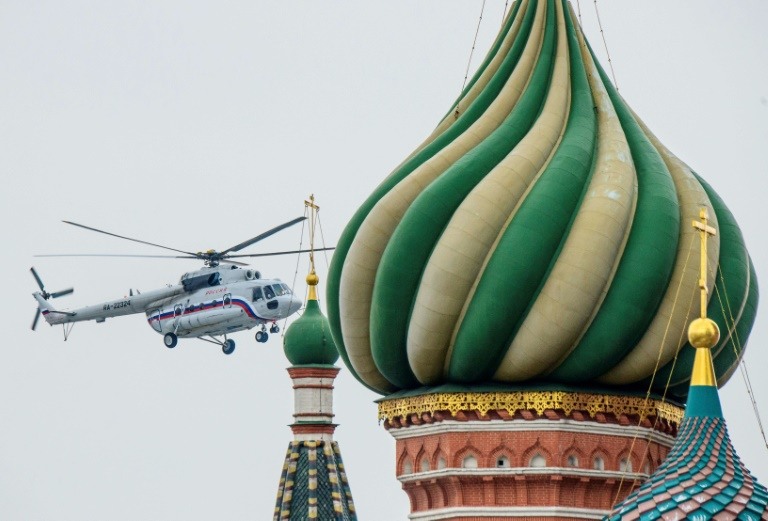Ten international rights organizations on Wednesday called on Russia to drop a bill that would enable authorities to isolate the country’s internet, saying it would further restrict freedoms.
This month, both houses of the Russian parliament approved the so-called “Sovereign Internet” bill, which would cut the country’s internet traffic from foreign servers.
Lawmakers insist this is necessary to ensure the security of Russia’s networks but critics say the vaguely worded bill gives new censorship powers to government monitors.
“The bill created a system that gives the authorities the capacity to block access to parts of the Internet in Russia,” said a statement backed by Human Rights Watch, Reporters Without Borders and others.
The blocking would be “extrajudicial and non-transparent,” the statement said.
It urged President Vladimir Putin not to sign off on the bill, which would then come into force by the end of this year.
New Russian law expands gov's authority to block internet access, content + cut Russian internet off from the rest of world. At the touch of a button. Without telling the public what they are doing or why. New joint @hrw statement https://t.co/j4UOAWTmjn pic.twitter.com/YddDOZ0wtM
— Rachel Denber (@Rachel_Denber) April 24, 2019
The proposed measures would create technology to monitor internet routing and steer Russian internet traffic away from foreign servers, ostensibly to prevent a foreign country from shutting it down.
Thousands of people rallied in Russia last month against this and other bills that critics say aim at restricting information and communication online.
Separately, Putin in March signed controversial laws that allow courts to fine and briefly jail people for showing disrespect towards authorities, and block media for publishing “fake news”.
The laws are part of an ongoing Kremlin clampdown on media and internet freedoms that has seen people jailed for sharing humorous memes.























